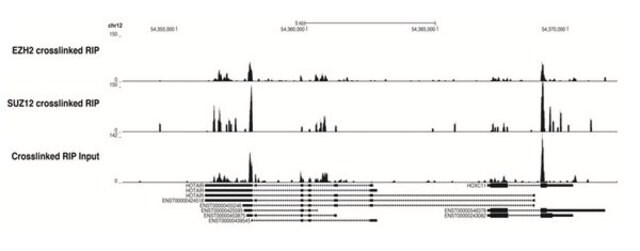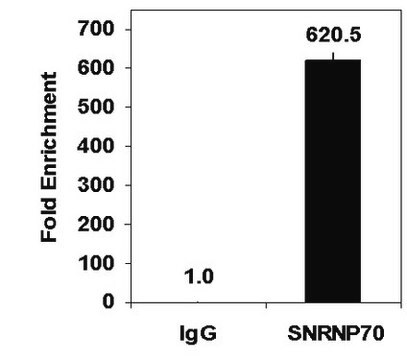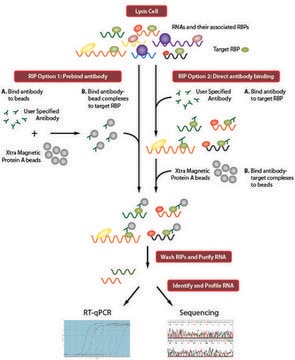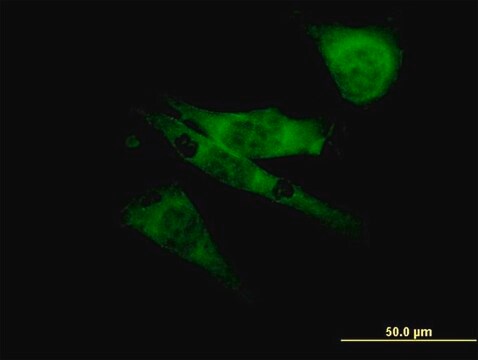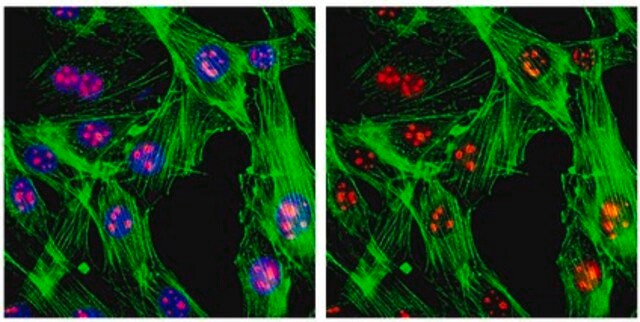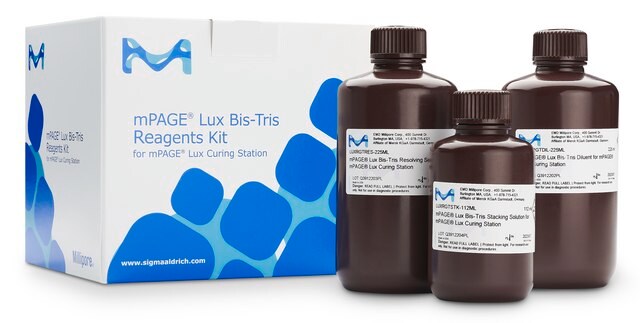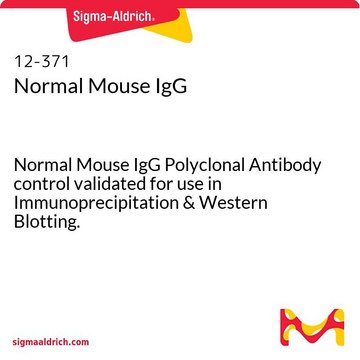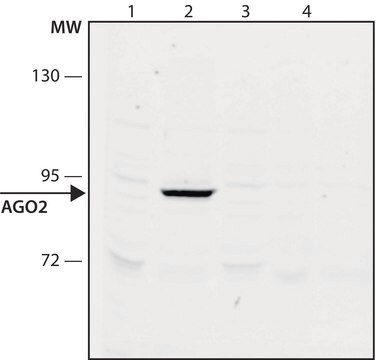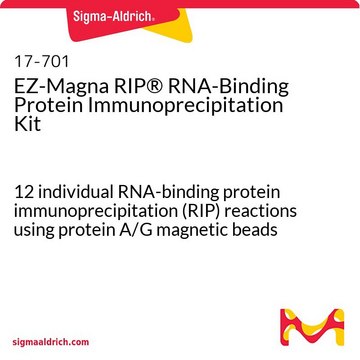SAB4200274
Anti-EIF2C2/Ago2 antibody produced in rabbit
~1.0 mg/mL, affinity isolated antibody
Synonym(s):
Anti-Eukaryotic translation initiation factor 2C, 2, Anti-I2C2, Argonaute-2, Anti-PAZ Piwi domain protein, Anti-Slicer protein
About This Item
Recommended Products
biological source
rabbit
conjugate
unconjugated
antibody form
affinity isolated antibody
antibody product type
primary antibodies
clone
polyclonal
form
buffered aqueous solution
mol wt
antigen ~97 kDa
species reactivity
human
concentration
~1.0 mg/mL
technique(s)
western blot: 1-2 μg/mL using lysates of HEK-293T cells over expressing human EIF2C2/Ago2
shipped in
dry ice
storage temp.
−20°C
target post-translational modification
unmodified
Gene Information
human ... EIF2C2(27161)
mouse ... Eif2c2(239528)
rat ... Eif2c2(59117)
General description
Immunogen
Application
Western Blotting (1 paper)
Biochem/physiol Actions
Physical form
Disclaimer
Not finding the right product?
Try our Product Selector Tool.
recommended
Storage Class
10 - Combustible liquids
flash_point_f
Not applicable
flash_point_c
Not applicable
Certificates of Analysis (COA)
Search for Certificates of Analysis (COA) by entering the products Lot/Batch Number. Lot and Batch Numbers can be found on a product’s label following the words ‘Lot’ or ‘Batch’.
Already Own This Product?
Find documentation for the products that you have recently purchased in the Document Library.
Our team of scientists has experience in all areas of research including Life Science, Material Science, Chemical Synthesis, Chromatography, Analytical and many others.
Contact Technical Service
